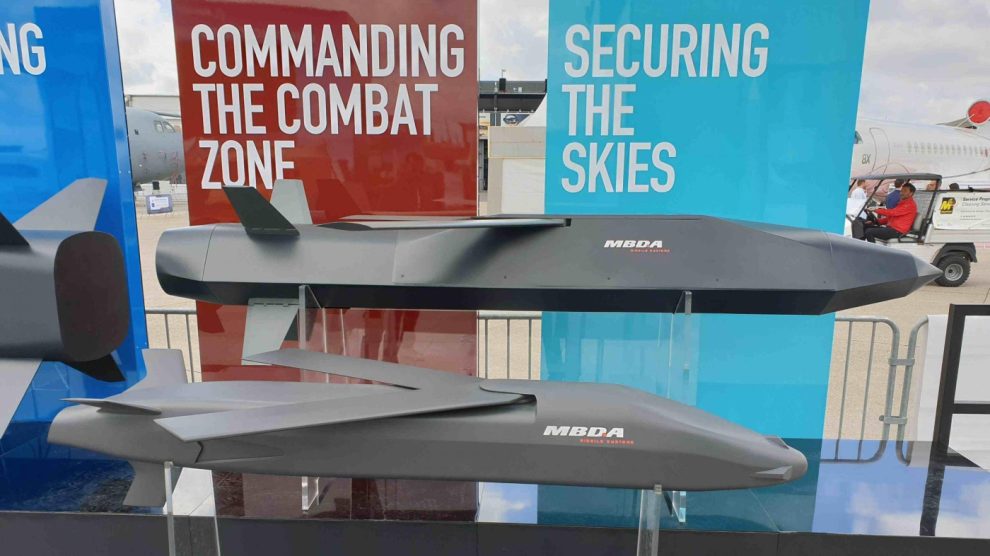Welcome (and bienvenue) to the future of missiles. Last week, Italy officially became the third partner in a leading Franco-British project to design the next generation of anti-ship and cruise missiles when French Armed Forces Minister Sébastien Lecornu confirmed Rome’s entrance into the aptly-named Future Cruise and Anti-Ship Weapon (FC/ASW) also known as Future Anti-Ship Missile/Future Cruise Missile programme (or FMAN/FMC through its French acronym).
The details. The programme is led by MBDA, a European consortium featuring Airbus, BAE Systems and Leonardo. Over the following years, it aims to replace the current generation of missiles (the Storm Shadow and Harpoon on the UK side and the Scalp and Exocet on the French). As it entered the project, Italy is also set to adopt the next-gen missiles, replacing the MBDA-produced Storm Shadow and Teseo-class launchers its Army currently uses.
- Il Giornale reports the future missiles will be roughly 5 metres long, travel at Mach 5 speed carrying a 200-kilogram load – for a total weight of 800 kg – and feature low radar observability characteristics.
- These launchers will also be compatible with the naval MK41 Vertical Launch System and the French A70, meaning they can potentially be used by most NATO naval vessels.
The ongoing entente. Italy’s entrance was anticipated by La Tribune, which wrote that Italian Defence Minister Guido Crosetto had decided to enter the consortium while at the Paris Air Show in Le Bourget, where he met with Minister Lecornu. The French press release explains that representatives of the three countries had signed a letter of intent that same day, June 20.
- Meanwhile, French President Emmanuel Macron and Italian Prime Minister Giorgia Meloni were expressing their intention to “work together” beyond the “controversies” that had occasionally cropped up between Rome and Paris over the past months.
A European powerhouse. France and the UK have already invested € 100 million since the programme’s inception in 2017. The three countries have now entered a dialogue phase to lay the foundations for the development phase to come, explained the French Armed Forces Ministry in a note.
- A provisional has already been established, setting 2024 as the programme’s official launch date, 2028 as the entry into service for the anti-ship missile, and 2030 for the land attack variant.
- All three countries aim to have “an operational deep strike capability” by then, wrote Paris, adding that the programme “will strengthen the European defence industrial and technological base around MBDA, the European leader in missiles.”
European defence? The alliance also goes towards bolstering the interconnections between Europe’s defence industries – which entails a series of knock-on benefits, from building up a pool of know-how to maintain a technological edge to boosting the quality of exports to allied and like-minded countries.




